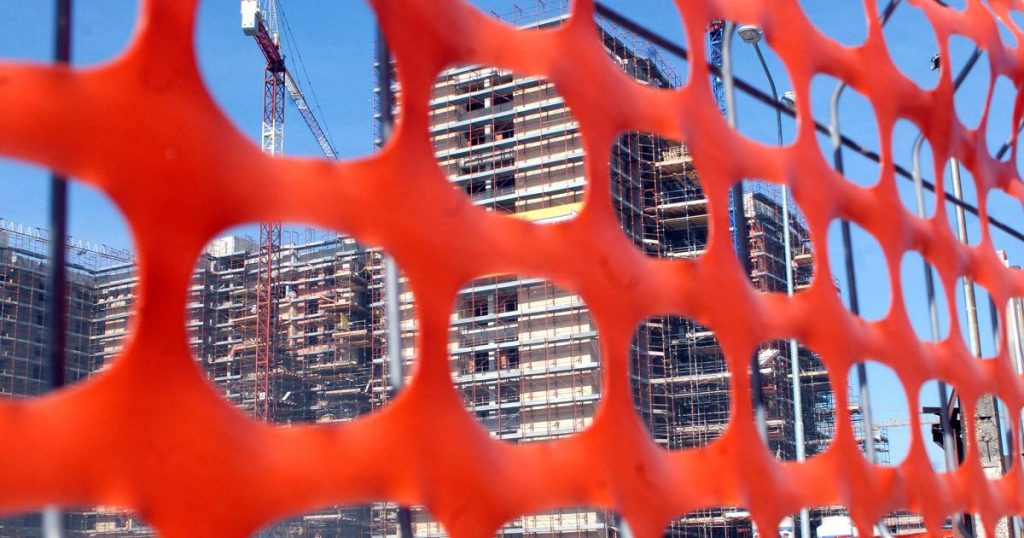Several bipartisan amendments to the Superbonus decree law have been proposed to the Senate Finance Committee, advocating for an extension of the deduction period from the current 4 years to 10 or even 15 years. The proposals come from various political parties, including Fi, Lega, Pd, M5s, Avs, and Iv, and suggest that for expenses incurred in 2023, taxpayers should have the option to spread out the deduction over “ten annual installments of equal amount” (some even suggest up to 15 installments). Additionally, other modifications seek to extend the existing 10-year installment plan for expenses in 2022 to communications sent to the Revenue Agency until April 4, 2024.
These proposed amendments aim to provide taxpayers with greater flexibility and relief in managing the tax benefits associated with the Superbonus. By extending the deduction period to 10 or 15 years, individuals and businesses would have a longer timeframe to benefit from the incentives offered through the Superbonus program. This option would help alleviate the financial burden of undertaking energy-efficient renovations and encourage more property owners to invest in sustainable building practices.
The Superbonus initiative has been instrumental in promoting energy efficiency and sustainable construction practices in Italy, leading to a significant increase in the number of renovation projects across the country. By extending the deduction period, the government hopes to further stimulate the green economy and create new opportunities for job growth in the construction sector. The proposed changes to the Superbonus program reflect a commitment to supporting sustainable development and reducing carbon emissions in line with Italy’s environmental goals.
The amendments put forward by the bipartisan group of lawmakers highlight the importance of providing long-term support for individuals and businesses seeking to improve the energy efficiency of their properties. By allowing taxpayers to spread out the tax benefits over a longer period, the government aims to make investments in energy-efficient renovations more accessible and affordable for a wider range of property owners. This approach aligns with the broader objectives of the Superbonus program to promote sustainable building practices and reduce energy consumption in buildings.
The proposed extension of the Superbonus deduction period to 10 or 15 years represents a significant step towards making energy-efficient renovations more financially feasible for property owners. By spreading out the tax benefits over a longer timeframe, individuals and businesses can better plan their investments and manage their cash flow effectively. This measure not only encourages more property owners to participate in the Superbonus program but also supports the government’s efforts to combat climate change and achieve its environmental targets.
In conclusion, the bipartisan amendments to the Superbonus decree law present an opportunity to enhance the effectiveness and reach of the program by extending the deduction period to 10 or 15 years. By providing taxpayers with greater flexibility in managing the tax benefits associated with energy-efficient renovations, the government aims to incentivize more property owners to invest in sustainable building practices. The proposed changes reflect a commitment to promoting green energy initiatives, stimulating economic growth, and achieving environmental sustainability in Italy.


